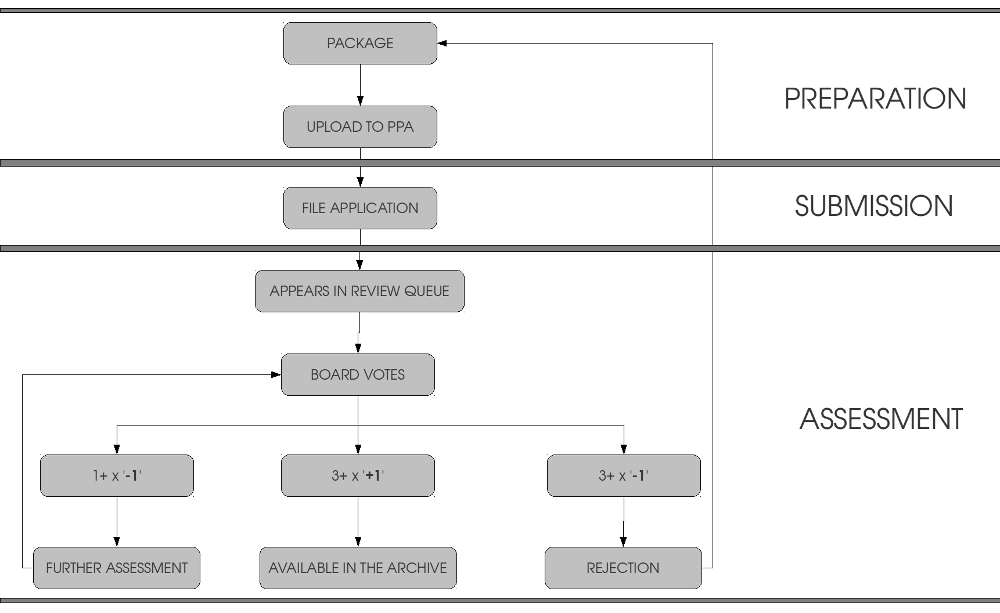Ubuntu is very controversial among Linux devs as Canonical backports new code and features into old versions of applications. This causes a shitload of bugs that can be solved by just upgrading the software to the latest versions.
Furthermore, Canonical actually expects developers to portion out the new code and bugfixes for them and expects the original developers to support their buggy-ass half-assed backported software for them. This is exasperated by the fact that Ubuntu contributes very little back to the original code, mostly because they are spending so much time backporting code. A lot of Linux developers are rightly pissed about this.
Backporting code is great for security fixes, but it isn't a solution for every problem under the sun. In Ubuntu's case, it definitely creates more problems than it fixes.
Ubuntu needs a change in direction. I propose that Ubuntu adopt a development model where only the core operating system, userland, core libraries, and desktop environment is frozen every 6 months. The applications would then be freely updated to the newest versions at all time. Package maintenance and support for the end-user applications would be provided by the developers themselves.
This new release system would be very similar to the semi-rolling release system I implemented in infinityOS.
Furthermore, Canonical actually expects developers to portion out the new code and bugfixes for them and expects the original developers to support their buggy-ass half-assed backported software for them. This is exasperated by the fact that Ubuntu contributes very little back to the original code, mostly because they are spending so much time backporting code. A lot of Linux developers are rightly pissed about this.
Backporting code is great for security fixes, but it isn't a solution for every problem under the sun. In Ubuntu's case, it definitely creates more problems than it fixes.
Ubuntu needs a change in direction. I propose that Ubuntu adopt a development model where only the core operating system, userland, core libraries, and desktop environment is frozen every 6 months. The applications would then be freely updated to the newest versions at all time. Package maintenance and support for the end-user applications would be provided by the developers themselves.
This new release system would be very similar to the semi-rolling release system I implemented in infinityOS.





Comment